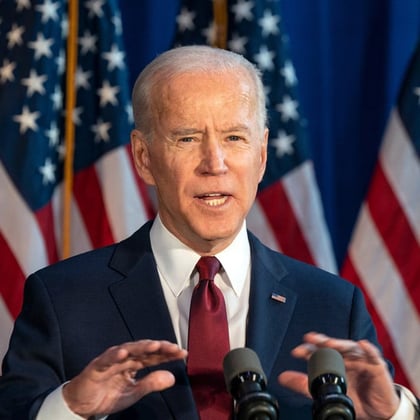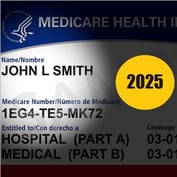What You Need to Know
- The discretionary funding request is a general description of part of the upcoming formal budget request.
- Overall federal discretionary spending would increase to 8.4%, to $1.5 trillion.
- The funding request also includes a $3.9 billion increase in funding for efforts to fight opioid use.
President Joe Biden has proposed doubling spending on the federal Lifespan Respite Care program in federal fiscal year 2022.
The program provides grants that states can use to pay for short-term home care and other services for family caregivers who want to take time off from caregiving.
The current federal respite program law, the Lifespan Respite Care Program Reauthorization Act of 2020, became law Jan. 5. The current law provides $10 million in respite program funding per year. The Biden administration does not give a dollar value for anticipated fiscal year 2022 spending on respite care, but it appears to indicate that spending would increase to $20 million per year.
Biden included the proposed increase in respite care funding in his administration’s discretionary funding request for fiscal year 2022.
The federal government also provides respite care funding for a separate program that serves disabled armed services veterans.
Federal fiscal year 2022 will start Oct. 1.









 April 12, 2021 at 01:59 PM
April 12, 2021 at 01:59 PM











